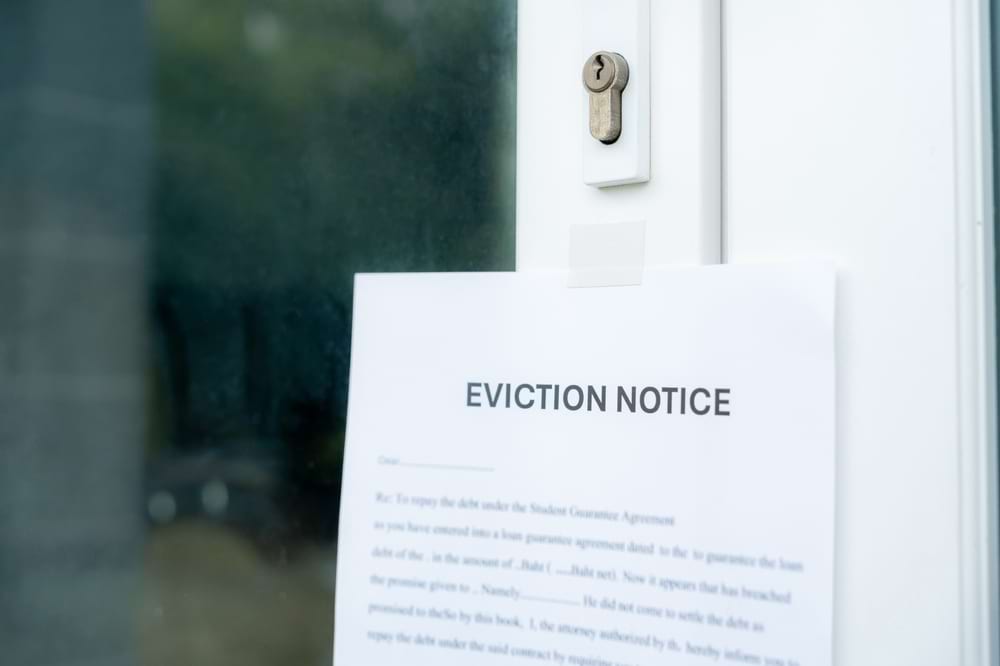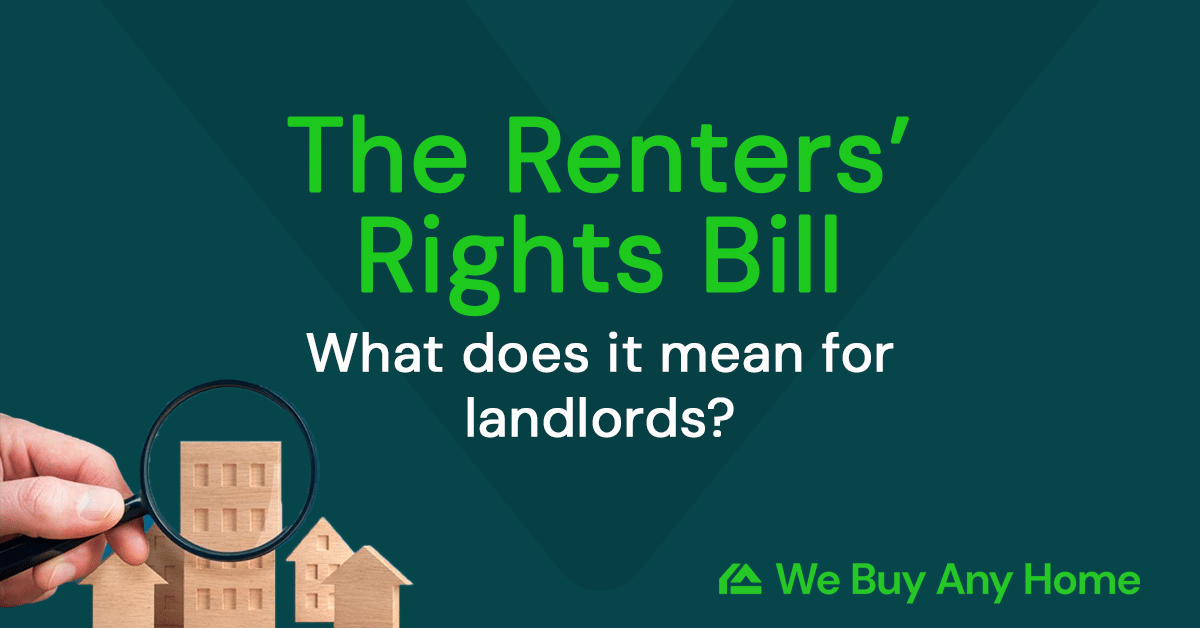Landlords sometimes decide to sell with their tenants still in the property.
There are regulations and best practices around this.
Read on to learn about tenants’ rights when their landlord is selling.
Do tenants have to move out landlords sell?
This depends on the tenant contract.
The most common type is an assured tenancy agreement. This is set for a fixed period when signed. Landlords can’t change their mind and evict tenants before this period is up.
If the property gets sold, terms listed in it remain binding on the new owner.
But if the fixed term has ended and the landlord wants to sell, they can serve notice by the tenancy terms.
Usually, a Section 21 no-fault eviction notice gives tenants two months to vacate.
Can tenants contest eviction notices?
It depends on the type of eviction involved and each cases circumstances.
For example, tenants can contest eviction notices in the following circumstances:
- The Section 21 notice is invalid because it does not give the two months’ notice
- The landlord has discriminating against tenants when serving notice.
Tenants can seek legal advice and write to the landlord explaining why the notice is invalid.
The landlord may reconsider, or tenants can raise a defence if an eviction claim goes to court.
Misunderstandings
Misunderstands can cause evictions or attempted evictions.
For example, a landlord might dislike a tenant starting a business from the property. But as long as 40% of the property or less is used as a business, this is fine.
(If a tenant treats a property as a commercial property, the landlord has a good case for eviction…)
There could be problems between tenants and neighbours. Landlords might take the side of neighbours and think their tenant is a problem tenant.
Tenants should gather evidence for their where possible in these situations.
Can tenants prevent landlords from selling property?
In most cases, tenants cannot prevent their landlord from selling their rented home. Landlords have the right to sell their investment properties.
Some tenants may take steps intended to delay, complicate, or deter a sale by. These can be unethical or even illegal:
- Refuse access for viewings, making it harder to sell
- Raise a disrepair claim, requesting urgent repairs before the sale
- Apply to the local council to restrict permitted development rights on the property. This removes the buyer’s automatic right to make specific changes
- Apply for a new statutory tenancy when the fixed term ends. This only applies to a few longstanding tenancies
It’s important to understand that tenants have limited power to stop a landlord from selling.
Understanding the situation can help tenants manage their expectations. And it can make them feel more in control of their circumstances.
Do tenants get first refusal on my landlord’s property?
The right of first refusal is the right to buy the property before others.
Tenants only have this if it’s included in the tenancy agreement, which is very rare.
Tenants may want to negotiate with the landlord before the property is marketed. But the landlord has no obligation to accept any offer tenants make.
Why do UK landlords sell their properties?
Stricter tax rules
Changes to mortgage interest tax relief have increased landlord costs. This makes their work in letting less profitable.
Selling allows landlords to release assets and reduce tax bills.
Increased regulation
New safety, property conditions, and licensing laws have increased landlords’ obligations.
They make making letting more risky, complex, and expensive.
Poor returns
High property prices ands stagnant rents in some regions mean lower landlords’ yields. This prompts them to take profits by selling.
Economic uncertainty
The prospect of higher interest rates and recession makes landlords wary about investing. Selling allows them to withdraw equity.
While this can disrupt tenants when landlords sell up. Stronger regulations aim to drive up standards in the rental sector.
Most tenants still prefer the flexibility of renting than buying their own home.
Do tenants have to allow house viewings?
When a property is up for sale, the landlord or estate agent will arrange viewings to market the home. Tenants’ should cooperate is to provide access, but they have rights.
By law, landlords must give tenants at least 24 hours notice before entering the property. The notice must specify the exact time access is needed. (And tenants should be know if the landlord has a set of keys.)
If the visit is at short notice or unsuitable, tenants can:
- Propose a different time for the viewing
- Request to be present during the viewing
- Refuse access if 24 hours notice is not given. Although obstructing reasonable access could lead to eviction.
Tenants do not have to keep the property in a specific condition for viewings. And landlords cannot expect tenants to make stage the property.
Tenants should compromise on convenient viewing times.
Is my new landlord allowed to increase the rent?
A new landlord cannot usually increase rent after taking ownership of a property.
They must inherit the existing tenancy on the same terms. So, during any fixed term, rents can remain the same.
But once the fixed term ends, the new landlord can seek to increase the rent.
To increase rent, a landlord must
- Serving any contractual notice to increase the rent – usually 1-2 months
- The proposed new rent is realistic and aligned with local market rents. Significant increases could risk a referral to a rent tribunal.
- They negotiate with the tenant if they are unhappy with the proposed increase.
Tenants who receive a new tenancy agreement with increased rent have a few options. These include:
- Try to negotiate
- Provide evidence if the rent is excessive
- Challenge any unfair practices before accepting or rejecting the new terms
- Move elsewhere
Other rights that tenants have during the selling process
Other considerations during the selling process include:
Proper protocols for accessing the property
This includes for valuations and viewings must.
Landlords and estate agents cannot interfere with tenants’ reasonable enjoyment of their home. This includes tenants right to quiet enjoyment.
Fair treatment of tenants
Harassment of tenants to make them leave early is unlawful. Tenants can report coercive behaviour to local trading standards.
Provide contact details
Tenants should receive the contact information of new landlords as soon as possible.
Deposit transfer
Any deposit must be transferred to the new landlord’s or agent’s custodianship. This should be part of a tenancy deposit protection scheme.



















